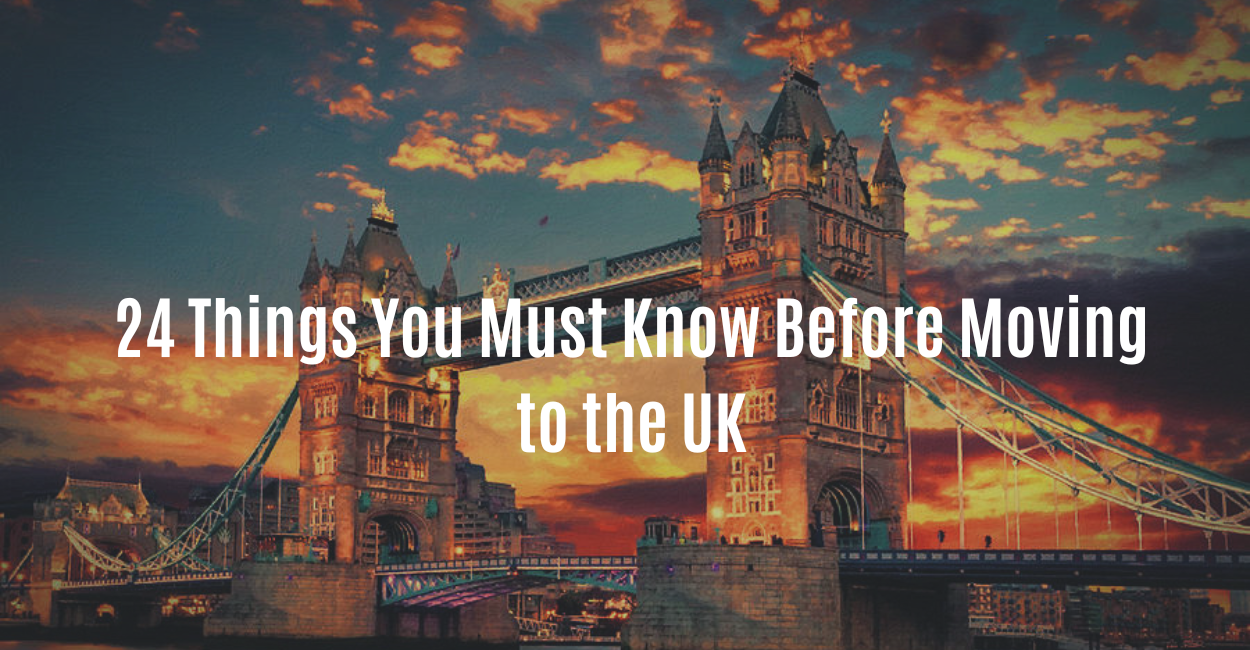How To Easily Integrate Into British Work Culture
- In UK Work Culture
- 08 Aug 2022, 09:01 PM

One of the world's biggest and most fiercely competitive markets is the United Kingdom. The UK, a nation with a significant mix of racial and cultural backgrounds, is typically highly open and welcoming to foreigners. But it's crucial to become familiar with British business practices and cultural standards before conducting business in the UK.
Economic attributes
With the service sector making up 79 per cent of the GDP, the UK has a service-based economy. It is a leader in engineering and production, and passionate about finding original and creative solutions. The UK has an exceptional concentration of incubators, accelerators, and innovation initiatives, which has contributed to the explosion in start-up culture not just in London but throughout the nation. Small and medium-sized firms (SMEs), which account for 99.3 per cent of all businesses in the UK and 60 per cent of all jobs in the private sector, are referred to as the ‘cornerstone’ of the British economy—working independently or as a consultant is becoming more prevalent in the UK, which also has a strong culture of self-employment.
Work culture in the UK: An overview
- In the UK, working from home is relatively widespread, and typical working hours are from 9 to 5.
- Meetings frequently take place at restaurants, coffee shops, or exclusive members' clubs.
- The preponderance of British businesses still exhibits a clear hierarchy. However, teamwork is a crucial component of British workplace culture.
- In the UK, social media is an essential tool for communicating with customers and business partners.
Why do some people have a hard time fitting in with British work culture?
British culture is something that is challenging to understand yet quite simple to adopt. For those who are unfamiliar with the idea, living in the UK for a while is perhaps the most excellent way to become a part of the community if you intend to stay for a while. So let's look at a few reasons why some people might find it difficult to assimilate into the UK.
Actually, London isn't British
Modifications in the language
British humour
Saying that the capital of England is not British may seem unusual, but if you've ever visited for an extended period of time, you'll precisely understand what we mean. Since there are so many different mixed cultures in London, it can be difficult to tell what is genuinely British and what has been brought over from elsewhere. This makes London one of the trickiest cities for someone to integrate into British culture. The truth is that unless you're staying in a relatively affluent area of the city, you're likely going to be exposed to an array of diverse mixed cultures. While there are pockets of traditional British culture and architecture all over London, the city as a whole has a much more diverse population.
The UK is unique in that its constituent nations—England, Scotland, Wales, and Northern Ireland—are very diverse from one another, and the multiculturalism of London contributes to the language's ongoing evolution. While people from each of these nations can interact with ease, slang and common terminology might differ significantly depending on where someone was raised or where they currently live.
Understanding and accepting the distinctive sense of humour that British people possess is one of the most complex aspects of current British culture. If you've ever followed a British comedian or attended one of their shows, you might have thought that their jokes were odd, self-deprecating, or perhaps just bizarre. It's crucial to not take everything a British person says seriously and to assume that they are making jokes out of all of their odd statements.
How can you easily integrate into the UK work culture?
If you're an expat starting your first job in the UK, you'll have to get used to more than just tea-loving coworkers and language like "bank holiday" and "loo." Even if you are from the English-speaking country US, practically every part of British work life will be different from what you are used to, from how often you might want to use terms like "please" and "thank you" to when you should really show up for that 10 am meeting.
Please and thank you
Punctuality
‘High’ five
As the phrase goes, being polite is free. Everyday encounters can be greatly improved by adding a ‘please’ or ‘thank you’, but how we use these words and how others respond to them depends on where we are from. The word ‘please’ was examined by researchers at the Universities of Sussex and London to see how often it appeared in 1350 requests made in business emails from both countries. They discovered that Brits used the word more than twice as frequently as Americans.
In order to avoid confusion in the workplace, newcomers must learn the intricate balance of small chat and conflict resolution that is a part of British etiquette. Even the eccentricities of politeness can cost a fortune. Overly friendly behaviour may be costing British businesses millions, according to a 2015 survey of 1,000 managers. For instance, 20 per cent of respondents felt they had not raised a red flag about a fictitious expense claim.
People from nations that are casual about deadlines and meetings might be in for a shock when they enter the British workforce.
According to Erin Meyer, an INSEAD professor and the author of The Culture Map, the UK is one of the world's most punctual countries. It's never a good idea to arrive late for a meeting since, regardless of the latecomer's intentions, people tend to see tardy individuals negatively.
The practice of day drinking has long been ingrained in British workplace culture to the point where the financial market Lloyd's of London's 2017 decision to forbid daytime drinking by employees garnered international attention.
Even though most industries are moving away from daytime drinking, and young Brits are generally drinking less than they did ten years ago, if you go into major city pubs on a weekday after 5 o'clock, you're sure to see coworkers ‘wetting their collective whistles’.
While drinking beer after work can foster companionship and even improve relations between managers and board members, there is a risk of going overboard, especially for a new employee who is unfamiliar with the office's culture.
It makes sense that someone could find it challenging to adapt to British society, given the diversity, odd lexicon, and distinctive sense of humour. But it's actually fascinating to see British culture firsthand if you just accept it and realise that anything you learn about it can be out of date.




